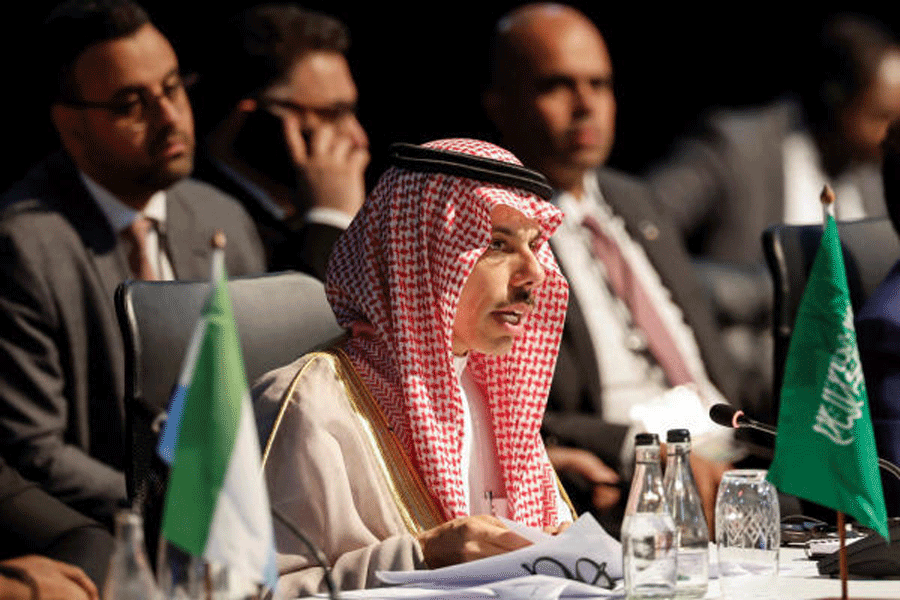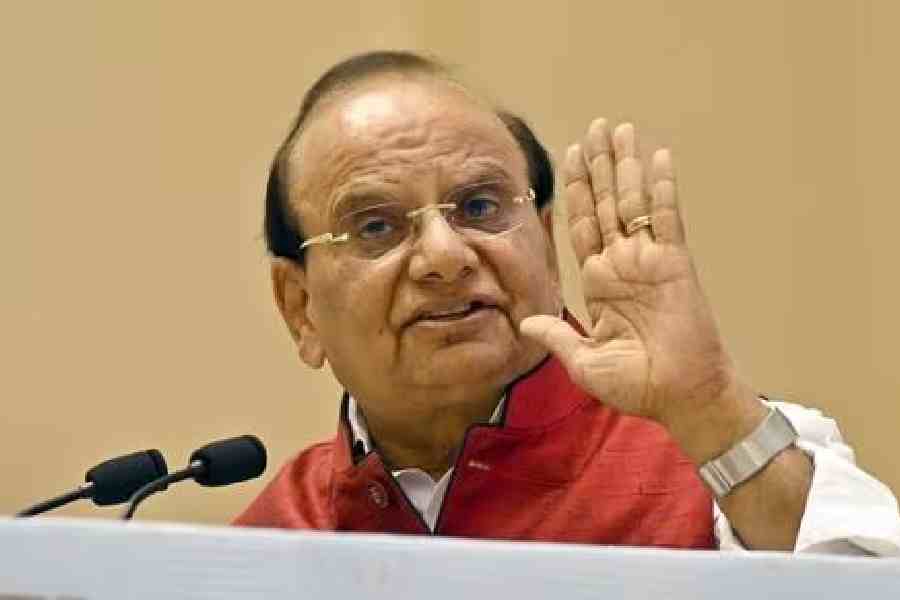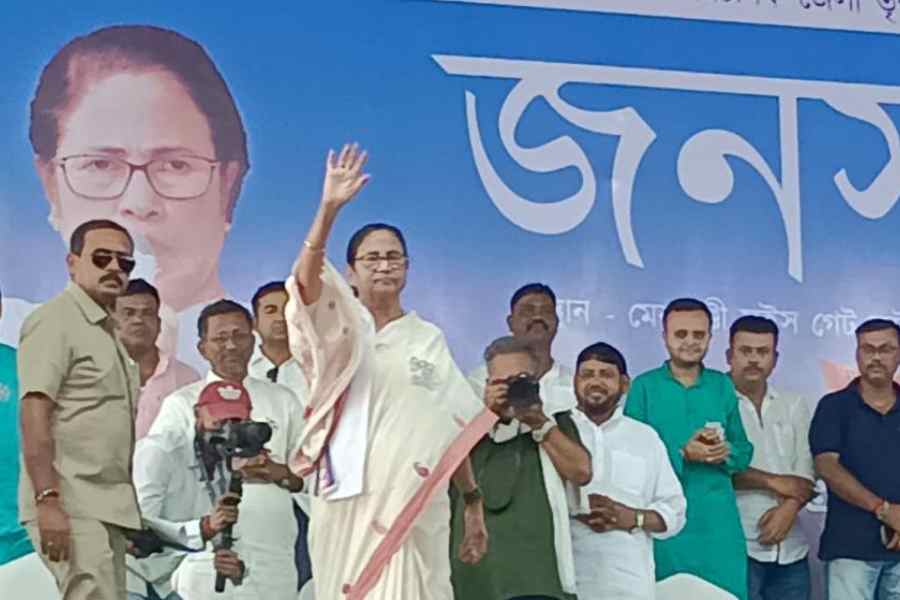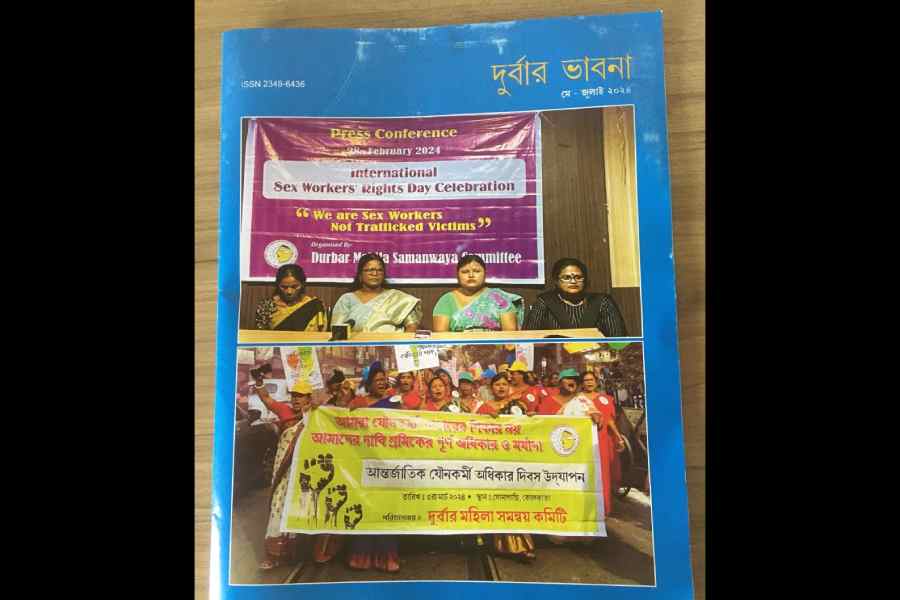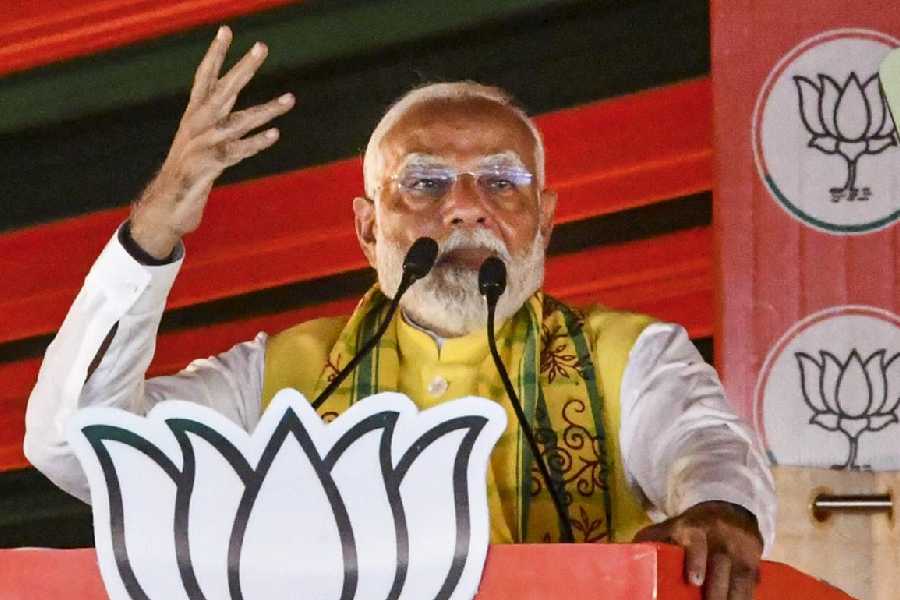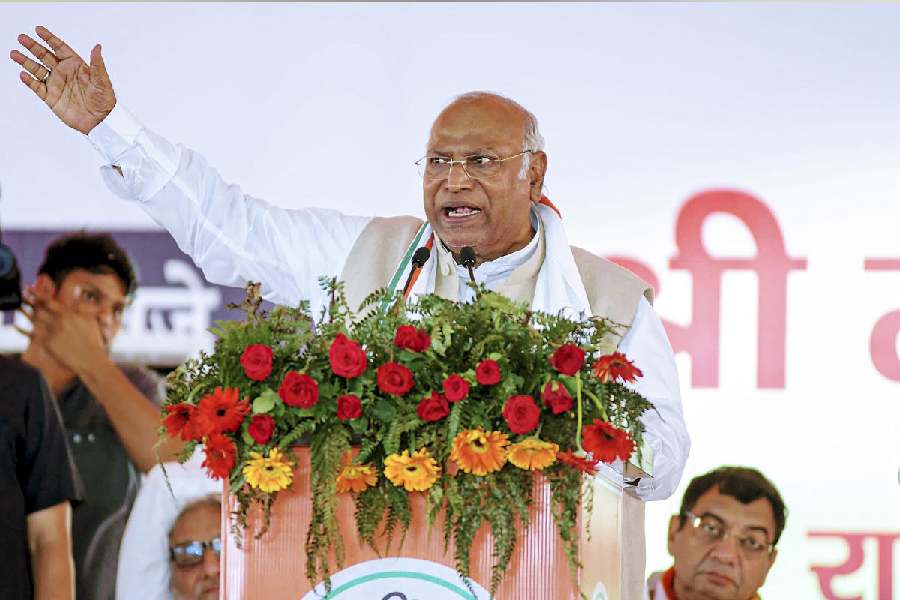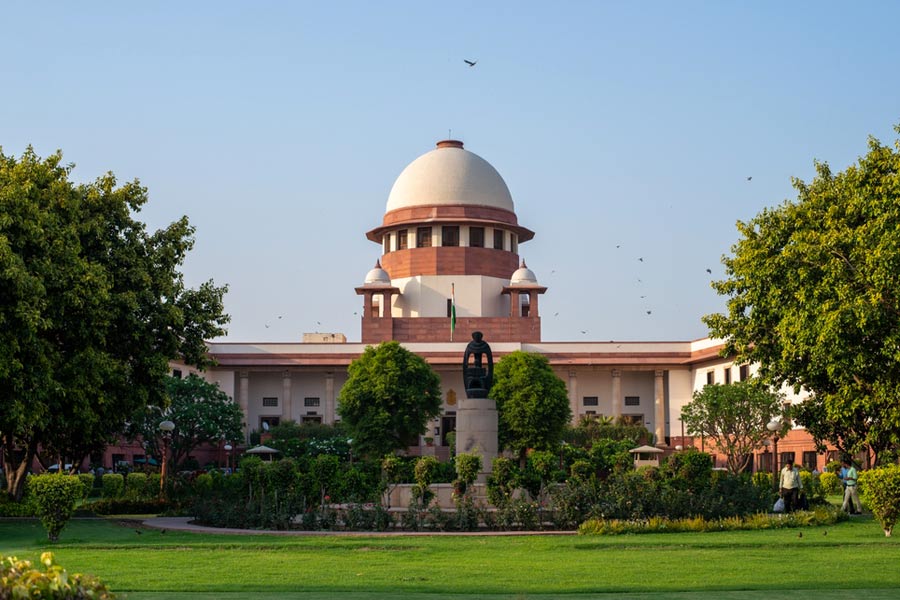The BRICS leadership on Thursday agreed to expand the five-country grouping of emerging economies to include six more countries from three continents in the first phase of expansion, bridging reservations to arrive at a consensus that indicated some common ground between India and China among others.
Reading out the salient features of the Johannesburg Declaration, South African President Cyril Ramaphosa said: “We have decided to invite the Argentine Republic, the Arab Republic of Egypt, the Federal Democratic Republic of Ethiopia, the Islamic Republic of Iran, the Kingdom of Saudi Arabia and the United Arab Emirates to become full members of BRICS from 1 January 2024.
“We have also tasked our Foreign Ministers to further develop the BRICS partner country model and a list of prospective partner countries and report by the next Summit.”
About 40 countries from the global south have expressed interest in joining BRICS and 22 of them had submitted formal requests for admission. The decision to invite six countries to become members in the first phase comes after a year-long discussion on the guiding principles, standards, criteria and procedures of the BRICS expansion process.
As with the criteria, the shortlisting of the six countries for inclusion was taken by consensus between the five BRICS countries — Brazil, Russia, India, China and South Africa. This is the second time BRICS is being expanded: the last expansion was in 2010 when South Africa was included in the grouping.
On Wednesday, after the discussions on the criteria at the Leaders’ Retreat the previous evening, sources had indicated that India would be “guided by our objective to incorporate our Strategic Partners as new members”. Of the six new entrants, India has strategic partnerships with all countries except Ethiopia.
In his brief remarks at the closing event where the Johannesburg Declaration was unveiled, Prime Minister Narendra Modi said India has always supported the expansion of BRICS, adding that New Delhi believes expanding the grouping will strengthen it and give new energy to its efforts.
“This move will reaffirm faith in a multipolar world order,’’ Modi said, underscoring that the expansion will also send a message to the world that all global institutions need to change to reflect changing circumstances in an oblique reference to India’s persistent efforts to broad base the permanent membership of the UN Security Council.
Addressing the session, Chinese President Xi Jinping said the membership expansion shows the determination of BRICS countries for unity and cooperation with broader developing countries. The expansion is also a new starting point for BRICS cooperation and will bring new vigour to the mechanism, he added.
While BRICS expansion was the show-stopper of the 15th summit, the leaders also discussed in considerable detail the issue of using local currencies in international trade.
The leaders have tasked their finance ministers and central bank governors to look into the use of local currencies, payment instruments and platforms over the coming year and report to them at the next summit in Russia.
“We stress the importance of encouraging the use of local currencies in international trade and financial transactions between BRICS as well as their trading partners. We also encourage strengthening of correspondent banking networks between the BRICS countries and enabling settlements in the local currencies,” the declaration said.

